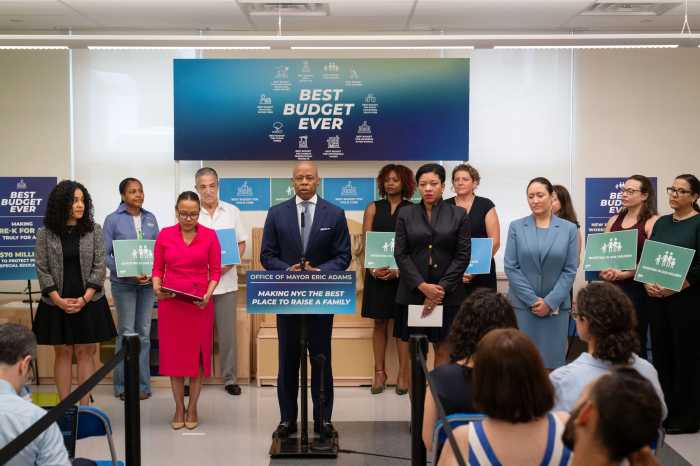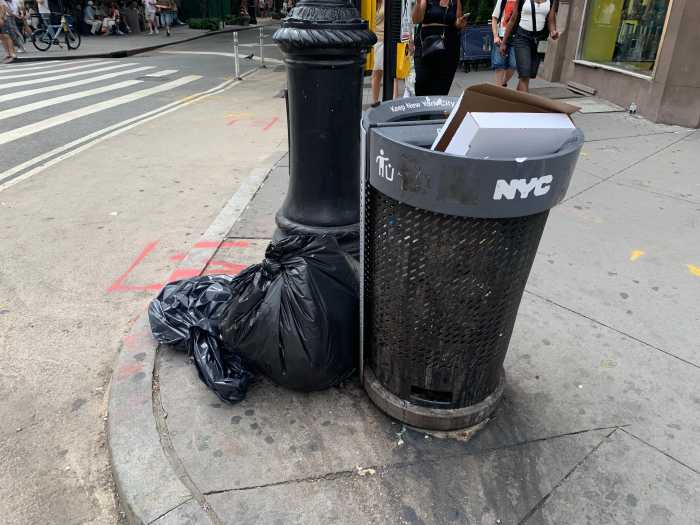May is Foster Care Awareness Month. The nearly 8,000 young people in foster care in New York City don’t need a reminder. On the other hand, policy makers at all levels could stand to focus more on this often under-served group. After all, the children and young people who are in foster care find themselves in difficult circumstances through no fault of their own. And the outcomes are too often disastrous – for them and all of us.
The odds are stacked against children in foster care. Only 9% of New York State 7th graders in foster care are proficient in math, compared with 41% of youth not in foster care. Only 53% of NYC high schoolers in foster care are on track to graduate in 4 years, while NYC’s overall graduation rates have risen above 75%. Furthermore, half of the women who had been in foster care have given birth by age 20, compared to one-quarter of women who were never in foster care. But it doesn’t have to be this way.
At the Children’s Village, we believe there are three keys to a young person’s success: the support and reliability of one caring, responsible adult, education, and meaningful employment. Though an organization can never provide the love of a family, we can help provide access to these three things through strategic programs, including support groups, one on one mentorships, and internships. We know these programs set young people up for a better future: 95% of young people in our Way to Success mentoring program, for example, maintained stable housing and engaged in goal attainment, such as pursuing degrees or full-time work. But we can’t provide more young people with these resources without support from the city.
The NYC Council took an important step last year when it finally funded the Fair Futures program, providing individual coaches to young adults in foster care. But this year that funding is threatened, just when young people are struggling as a result of the pandemic. Funding Fair Futures is critical, but it’s just part of the solution.
We also need to support young people when they age out of the foster care system. Too many of them wind up experiencing homelessness and instability. For that, we must prioritize access to safe and deeply affordable housing—like our building in Harlem, where rents are subsidized so residents pay 30% of their income (and can be as low as a few hundred dollars per month) and where access to support services abounds. There is a dearth of housing that is truly affordable to these young people. As the city looks to expand its affordable housing stock, children aging out of foster care must be a priority for new apartments.
While we invest in the futures of young people in foster care, we must simultaneously continue to invest in strategies that prevent kids from ending up in foster care in the first place. Children do best when they are with family, and everything that we can do to prevent needless family separation should be a priority. This has already begun in the city, and a shift in federal policy thanks to the Family First Act will help fund this further, expanding access to community-based, evidence-informed strategies that can help families to stay together, safely. When done right, these kinds of programs help parents develop networks of peer support, exit unsafe situations, manage difficult teen behaviors, obtain mental health support, learn how to navigate education and public assistance challenges, and make other life changes that lead to stability, security and well-being for their children. We know it works—97% of youth in our home and community based services program remain with families.
The city has made significant progress in this area—we put half as many kids in foster care than we did a decade ago—but we still have a long way to go until as few kids as possible are separated from their families.
Young people in foster care deserve better. Let’s do the work as a city to give them all we can.
Jeremy C. Kohomban is the President and CEO of The Children’s Village






































